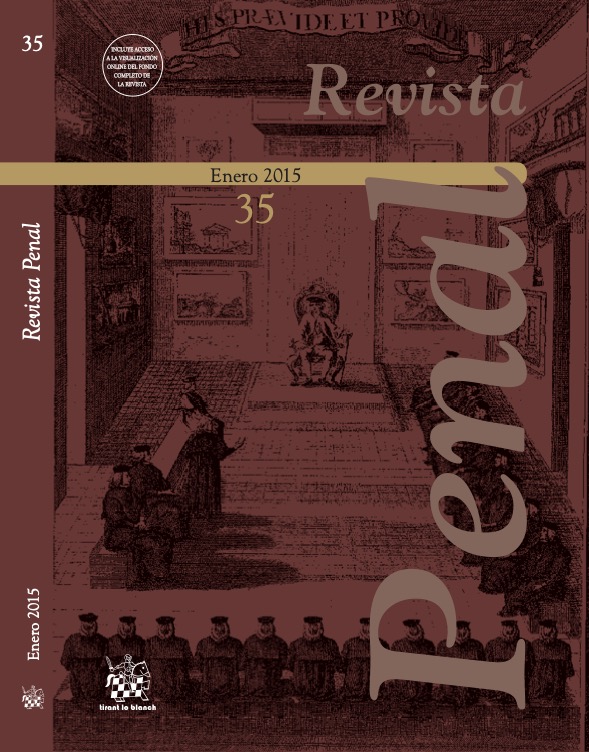Las muertes sin pena en el Brasil. La difícil convergencia entre derechos humanos, política criminal y seguridad pública
DOI:
https://doi.org/10.36151/Keywords:
death penalty, human rights, public security, criminal policyAbstract
The author makes a critical analysis of the informal existence of the death penalty in Brazil, a result of state general policy on public security, as violence in the name of greater efficiency in combating crime often leaves the fundamental principles of the democratic state and leads annually to the extrajudicial execution of thousands of citizens. The imposition of so many deaths without penalty in Brazil reveals the urgency of further examine the relationship between criminal policy and human rights, with the aim of finding the necessary convergence to ensure the survival of a democratic society.



